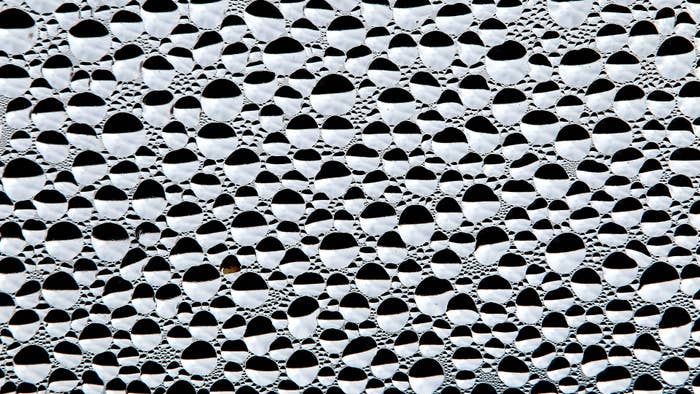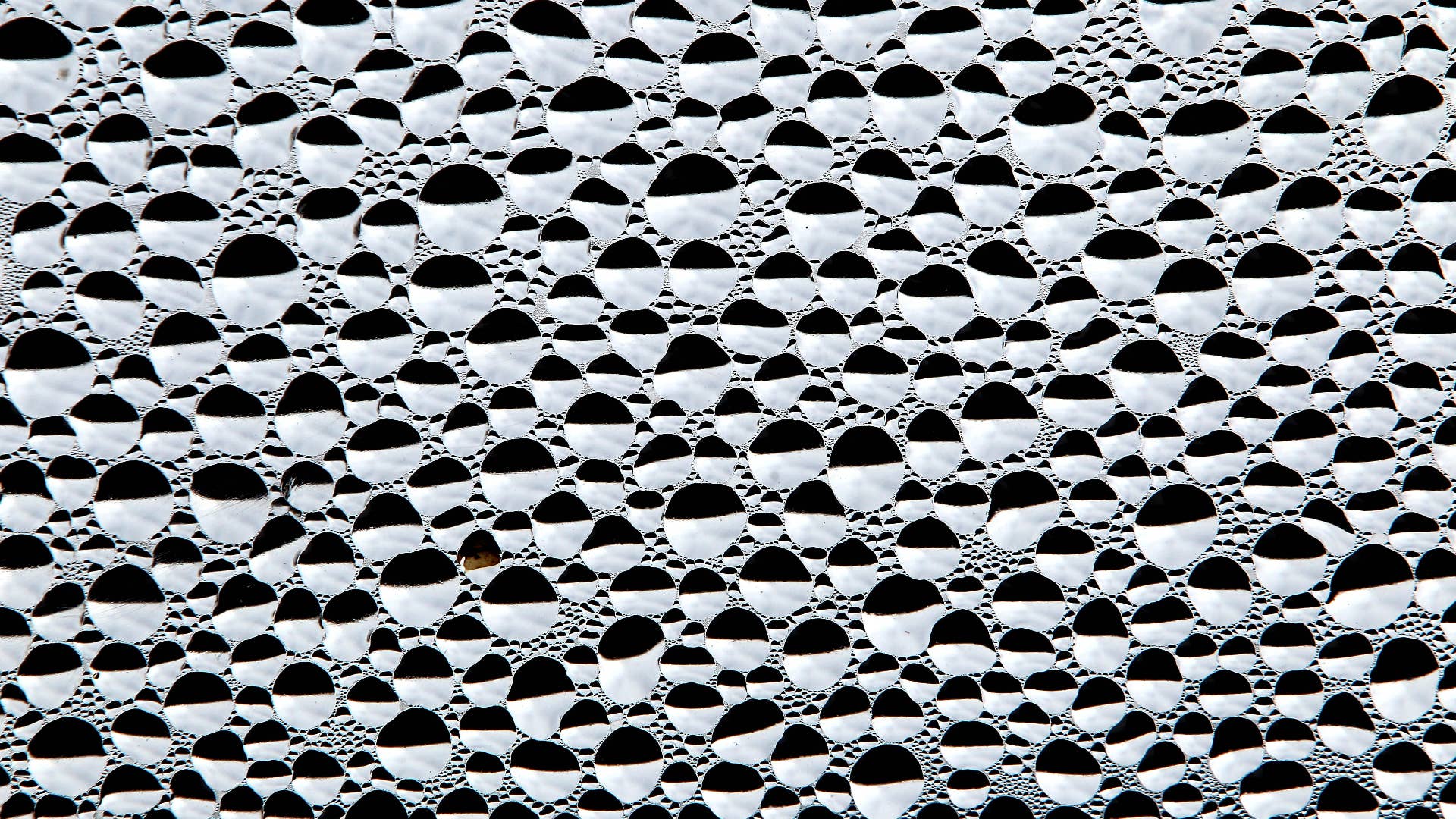
A team of scientists published their findings on Wednesday detailing how they were able to transform water into metal, albeit, for an incredibly brief amount of time, per Nature.
Pavel Jungwirth, co-author and physical chemist at the Czech Academy of Sciences in Prague, conducted a study last year with colleague Phil Mason where they dissolved alkali metals into ammonia, which gave the liquid a bronze hue. The demonstration influenced this latest test as ammonia would be substituted with water. However, embarking on such a venture would prove to be risky considering that alkali metals typically explode once mixed with water.
To counteract a potentially explosive response, researchers needed to find a way to diffuse the electrons faster than the reaction to water and metal coming into contact with one another. A syringe was filled with a liquid mixture of sodium and potassium at room temperature and placed in a vacuum chamber. Droplets of the metal mixture were introduced to small amounts of water vapor, and as the water condensed onto each droplet, a layer measuring one-tenth of a micrometer thick formed.
Electrons from the droplet diffused into the water, causing the liquid to briefly turn bronze, and provide visual proof that despite lasting just a few seconds, water was in a metallic state.
Since the water used in everyday life is able to conduct electricity since it contains salt, researchers needed “pure,” or distilled water for this particular experiment. Their latest findings also disprove the belief that water would develop into a metallic state only under extreme pressure, typically found in the center of planets, such as Neptune or Uranus.

